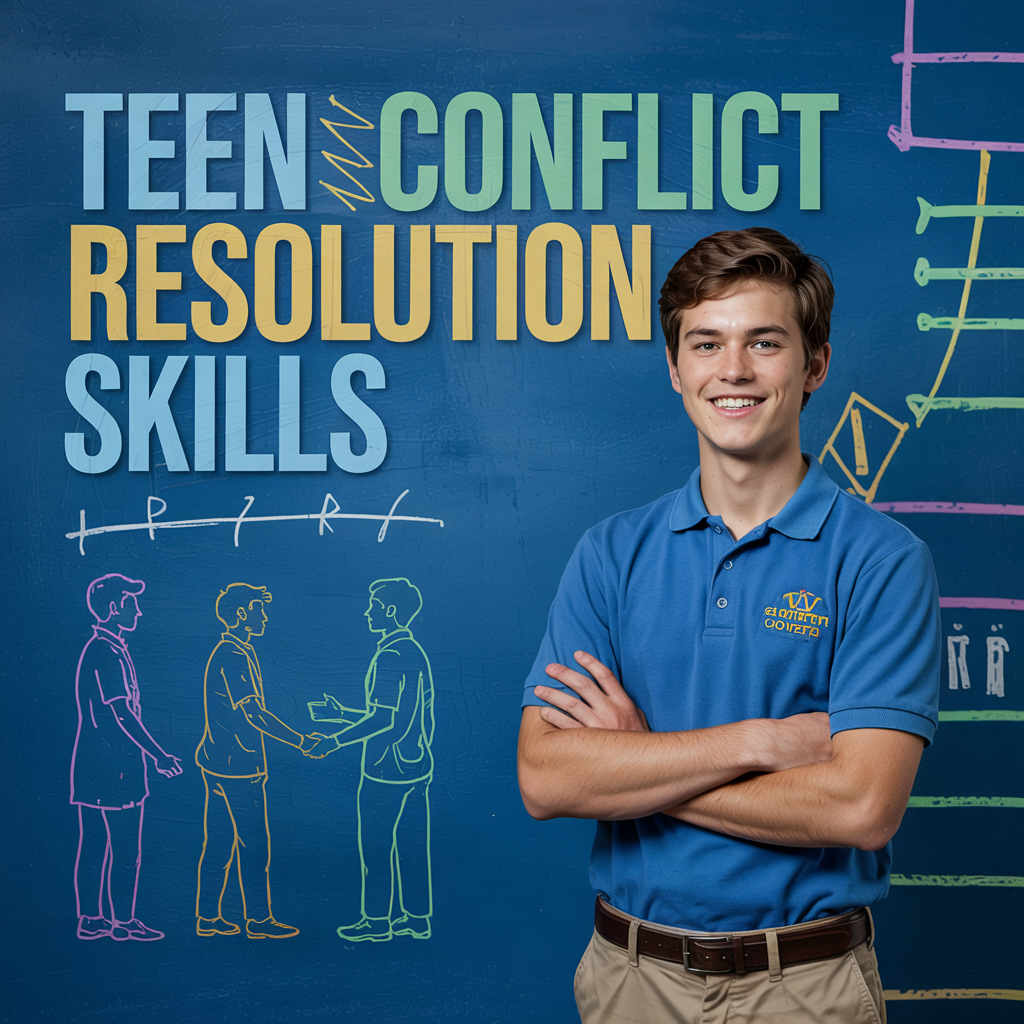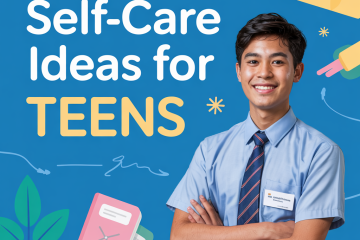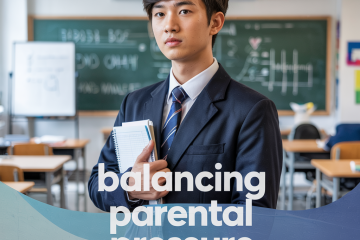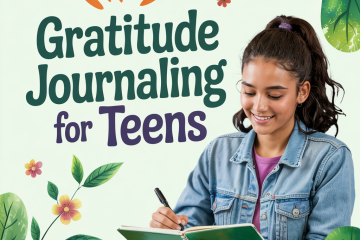Healthy Conflict Resolution Skills for Teenagers (Friends, Family, Group Projects)

Let’s be real — disagreements happen. You might argue with friends, clash with family, or hit friction during group projects. Conflict is a normal part of life, but how you handle it really matters.
Learning healthy conflict resolution skills can help you navigate tough situations, strengthen your relationships, and build solid communication habits that’ll serve you well for life.
Want to grow your skills beyond the classroom? Explore opportunities on Cirkled In – where your voice and talents shine.
Arguments Happen: Learning to Handle Them Well
Avoiding conflict altogether isn’t realistic or even healthy. Disagreements can actually lead to better understanding and stronger bonds if handled well. The goal isn’t to “win” every argument, but to find solutions respectfully. This involves practicing effective communication teenagers need.
Why Healthy Conflict Resolution Matters
Developing these skills helps you:
- Maintain positive relationships with friends and family.
- Work more effectively in teams (school projects, future jobs).
- Reduce stress and negative feelings associated with conflict.
- Build confidence in expressing your needs and opinions respectfully.
- Develop empathy and understanding for others’ perspectives.
Key Strategy 1: Stay Calm (Take a Breath!)
When emotions run high, it’s hard to think clearly or communicate effectively.
- Notice Your Feelings: Recognize when you’re getting angry or upset.
- Take Deep Breaths: Slow, deep breaths can help calm your nervous system.
- Pause Before Reacting: Avoid yelling, name-calling, or saying things you’ll regret. If needed, say “I need a minute to cool down before we continue.”
Key Strategy 2: Use “I Feel” Statements
Avoid blaming language (“You always…” or “You never…”). Instead, focus on expressing your own feelings and experiences.
- Formula: “I feel [your emotion] when [specific situation/behavior] because [impact on you]. I need [what you want to happen].”
- Example: Instead of “You never listen to my ideas!”, try “I feel frustrated when my ideas aren’t discussed in group meetings because I feel like my contribution isn’t valued. I need us to find a way to make sure everyone’s suggestions are heard.”
This is key for resolving arguments friends have or dealing with disagreements family members experience.
Key Strategy 3: Listen to Understand, Not Just Reply
Often in arguments, we’re just thinking about our next point instead of truly hearing the other person.
- Pay Attention: Put away distractions. Make eye contact.
- Don’t Interrupt: Let the other person finish speaking.
- Clarify: Ask questions to make sure you understand their perspective (“So, if I understand correctly, you’re feeling…?”).
- Acknowledge Their Feelings: Even if you disagree, show you understand their viewpoint (“I can see why you might feel that way.”).
Key Strategy 4: Focus on the Problem, Not the Person
Avoid personal attacks, insults, or bringing up past unrelated issues.
- Define the Issue: Clearly state the specific problem you are trying to solve together.
- Attack the Problem: Frame it as “us vs. the problem,” not “me vs. you.”
- Stick to the Topic: Don’t get sidetracked by other grievances.
This is crucial for productive group project conflict tips.
Key Strategy 5: Brainstorm Solutions Together
Once you both feel heard and understand the problem, work towards a solution.
- Be Willing to Compromise: You might not get everything you want. Look for win-win solutions where possible.
- Suggest Options: Brainstorm different ways to resolve the issue.
- Agree on a Plan: Decide on specific steps you’ll both take.
Key Strategy 6: Know When to Pause or Get Help
- Take Breaks: If the conversation gets too heated or unproductive, agree to take a break and revisit it later when calmer.
- Seek Mediation: For ongoing or serious conflicts (especially at school or within families), involving a neutral third party like a counselor, teacher, or trusted adult might be necessary.
Final Thought: Build Stronger Relationships
Learning healthy conflict resolution is a key life skill every teen can build. By staying calm, using “I” statements, listening actively, focusing on the issue (not the person), and working together on solutions, you can handle disagreements in a more positive way.
Practicing these communication skills doesn’t just help in the moment — it also strengthens your relationships with friends, family, and even future coworkers.
Need more tips on college applications, scholarships, or just how to survive this whole process? Cirkled In has your back—check out Cirkled In resources to help you through every step of your college journey!



10 Comments
Vernon Sandlin · August 21, 2025 at 12:07 am
Hey therе, I think your blog might be having browser compatibility isѕues.
When I look at your blog in Safari, it looks fine but when opening in Internet Explorer,
it has some overlapping. I just wanted to give you a quick heɑds up!
Other then that, fantastic blog!
Amy S · August 21, 2025 at 2:03 pm
Thanks a ton for the heads up, Vernon! 🙏 Tech quirks can be as tricky as real-life conflicts sometimes 😅 We’ll definitely check into the browser issue. And we’re so glad you enjoyed the article—your kind words mean a lot!
Noella Cope · September 4, 2025 at 2:37 am
It’s ѵеry simple to find out any topic on web
as compаred to textbooҝs, as I found this article at this site.
Amy S · September 5, 2025 at 8:51 am
So true, Noella! 💡 The internet makes learning so much easier—and we’re glad you found this article helpful here on Cirkled In 🙌✨
Kol3ktor · September 14, 2025 at 7:49 am
Your writing doesn’t just inform — it embraces, uplifts, and invites the reader to linger and reflect.
Amy S · September 15, 2025 at 2:02 pm
That means so much—thank you! 💙 We’re glad the article gave you something to reflect on and carry forward.
Susan · November 26, 2025 at 10:27 am
Good work
Amy S · December 8, 2025 at 11:41 am
Thanks a bunch, Susan! 😊 We think healthy conflict skills can save a lot of headaches—especially with group projects!
Roman · December 22, 2025 at 3:36 pm
Very good writing
Amy S · December 29, 2025 at 3:04 pm
Thanks so much, Roman! 😊 Conflict can be tricky, but a little practice goes a long way. Glad you enjoyed the read!